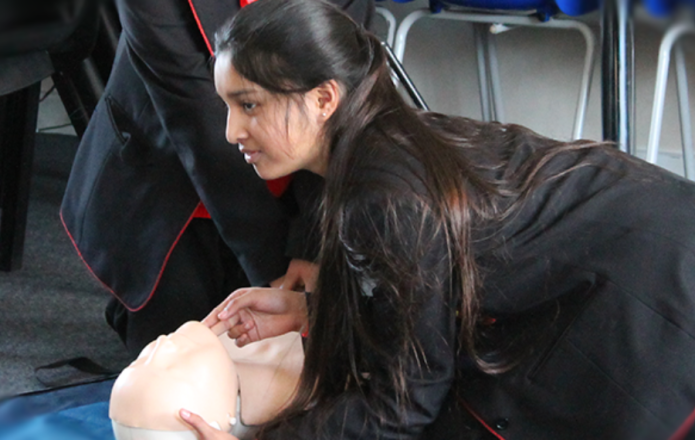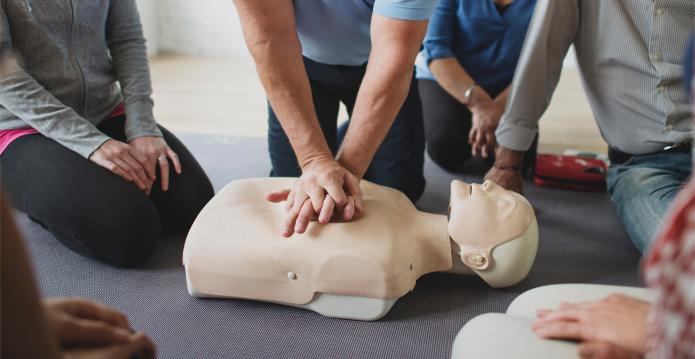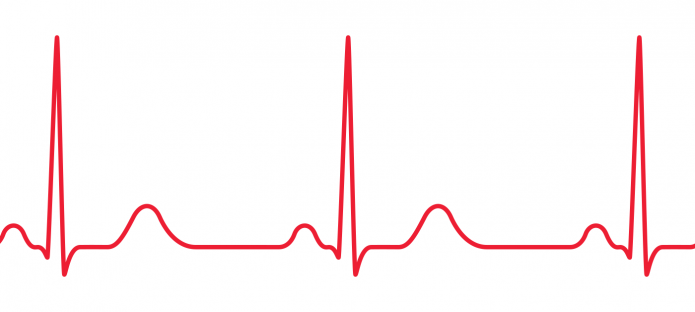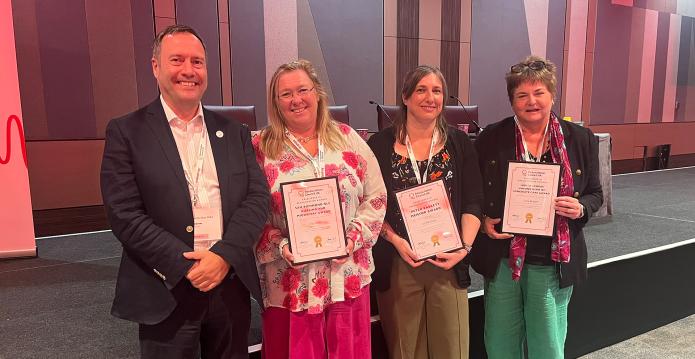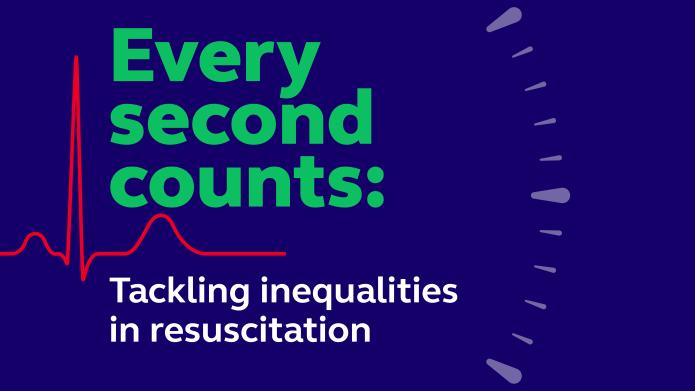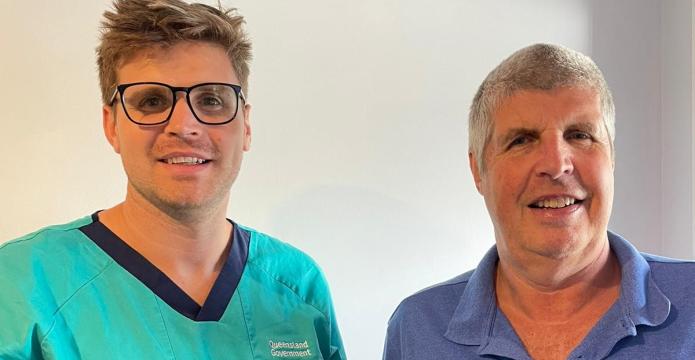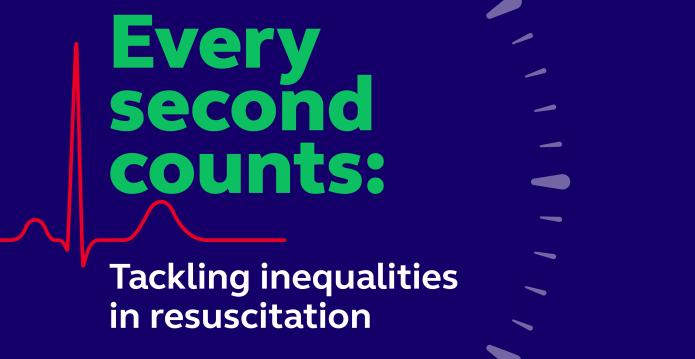
Survivors Quality Standard: call for feedback
We are asking for your views on our draft document 'Survivors Quality Standard: meeting the care and rehabilitation needs of cardiac arrest survivors and their key supporters'.
-
We are asking for your views on our draft document 'Survivors Quality Standard: meeting the care and rehabilitation needs of cardiac arrest survivors and their key supporters'.
-
Researchers at King's College London are looking to talk to a range of young people who were 11-18 years old when they tried to help someone having a cardiac arrest by pressing down on their chest or using a heart restarter machine (defibrillator).
-
Resuscitation Council UK has launched a new Community Grant Scheme that aims to give everyone, everywhere an equal chance of surviving the ultimate medical emergency.
-
With several airway clearance devices now available in the UK, Resuscitation Council UK outlines their stance on these devices.
-
RCUK announces the winners of the inaugural Excellence in Resuscitation Awards. Designed to honour resuscitation greats who devoted their lives and work to the field, the awards spotlight those currently continuing their legacies.
-
Resuscitation Council UK has launched a landmark report - Every second counts: Tackling inequalities in resuscitation. The report warns that socio-economic deprivation, a person’s ethnicity, or cultural background, shouldn’t determine whether a person is more or less likely to survive a cardiac arrest.
-
When 55 year old Neil Davidson went to bed on 31 July 2017, he wasn’t expecting to wake up in hospital. Were it not for the quick thinking of his son, Oliver, he might not have woken up at all.
-
Michelle was at the end of a relay marathon event when she suffered a sudden cardiac arrest. Despite training for several months and having taken part in a number running events previously, she completed the 9 mile section of the run, crossed the line and...collapsed.
-
Resuscitation Council UK has launched a landmark report - Every second counts: Tackling inequalities in resuscitation. The report warns that socio-economic deprivation, a person’s ethnicity, or cultural background, shouldn’t determine whether a person is more or less likely to survive a cardiac arrest.
-
Karl had been suffering with a sore chest for a week before seeking medical attention. He was quickly admitted to hospital and informed that he may have had a heart attack - a revelation that left him shocked. 18 hours later, Karl experienced a sudden cardiac arrest.
-
